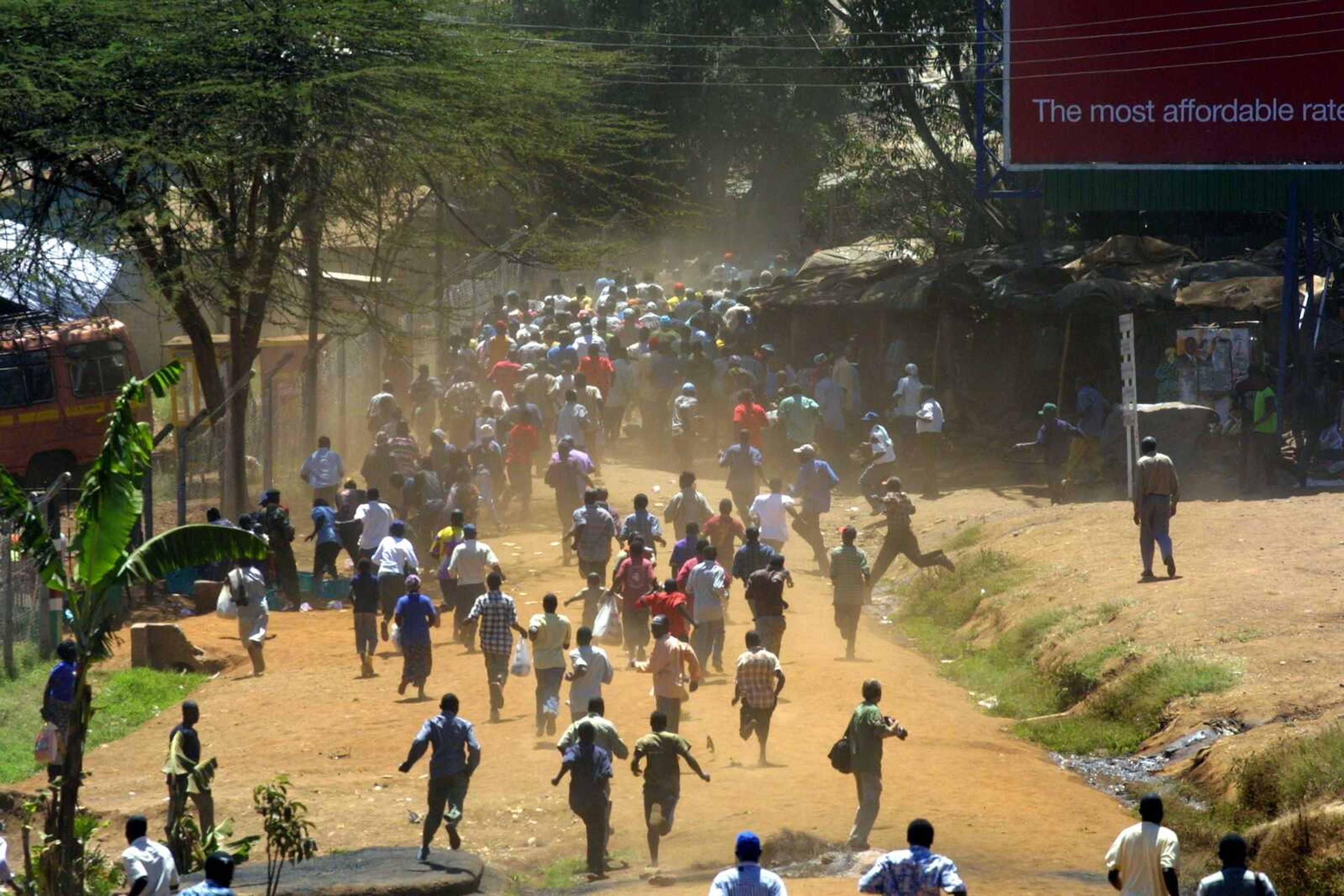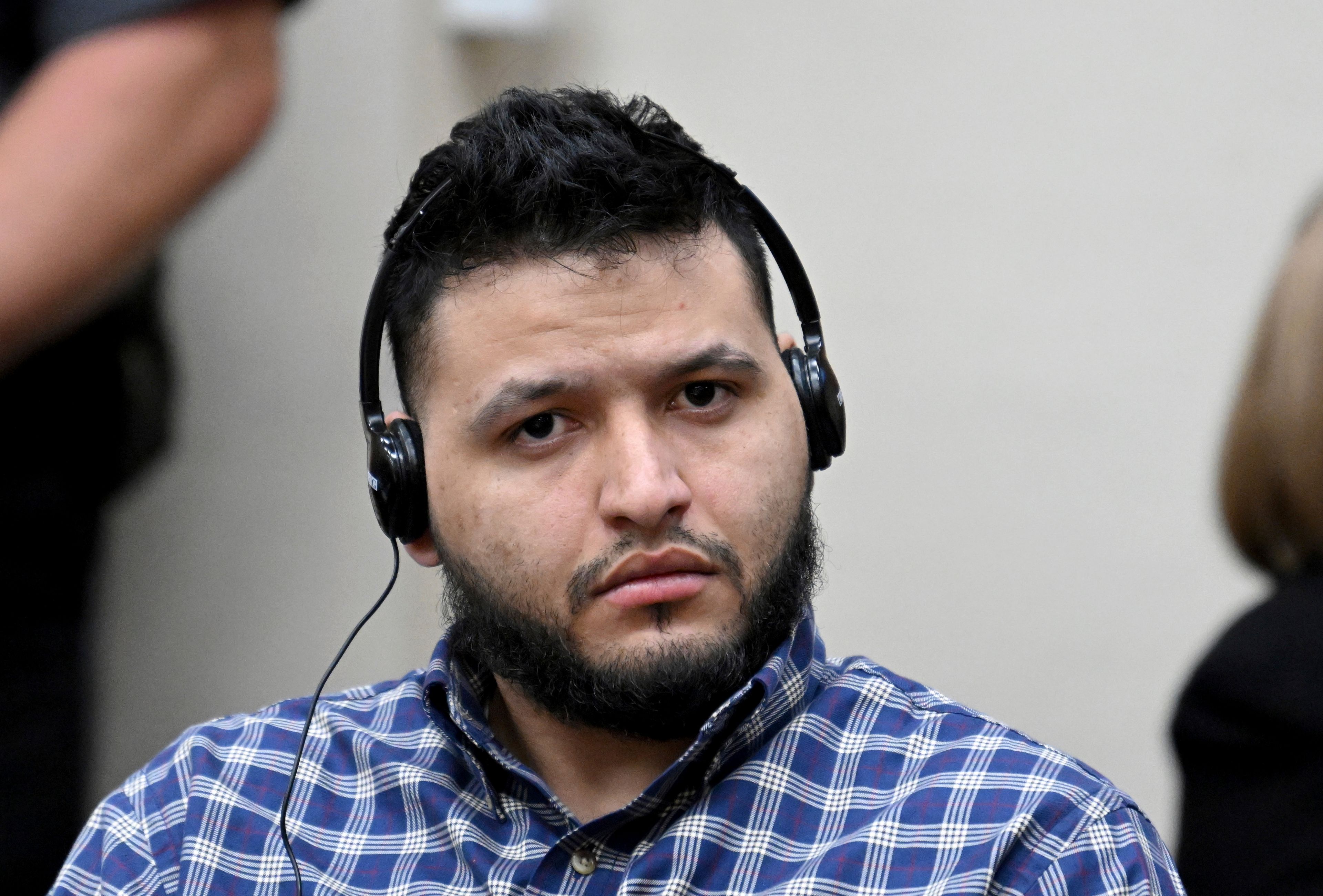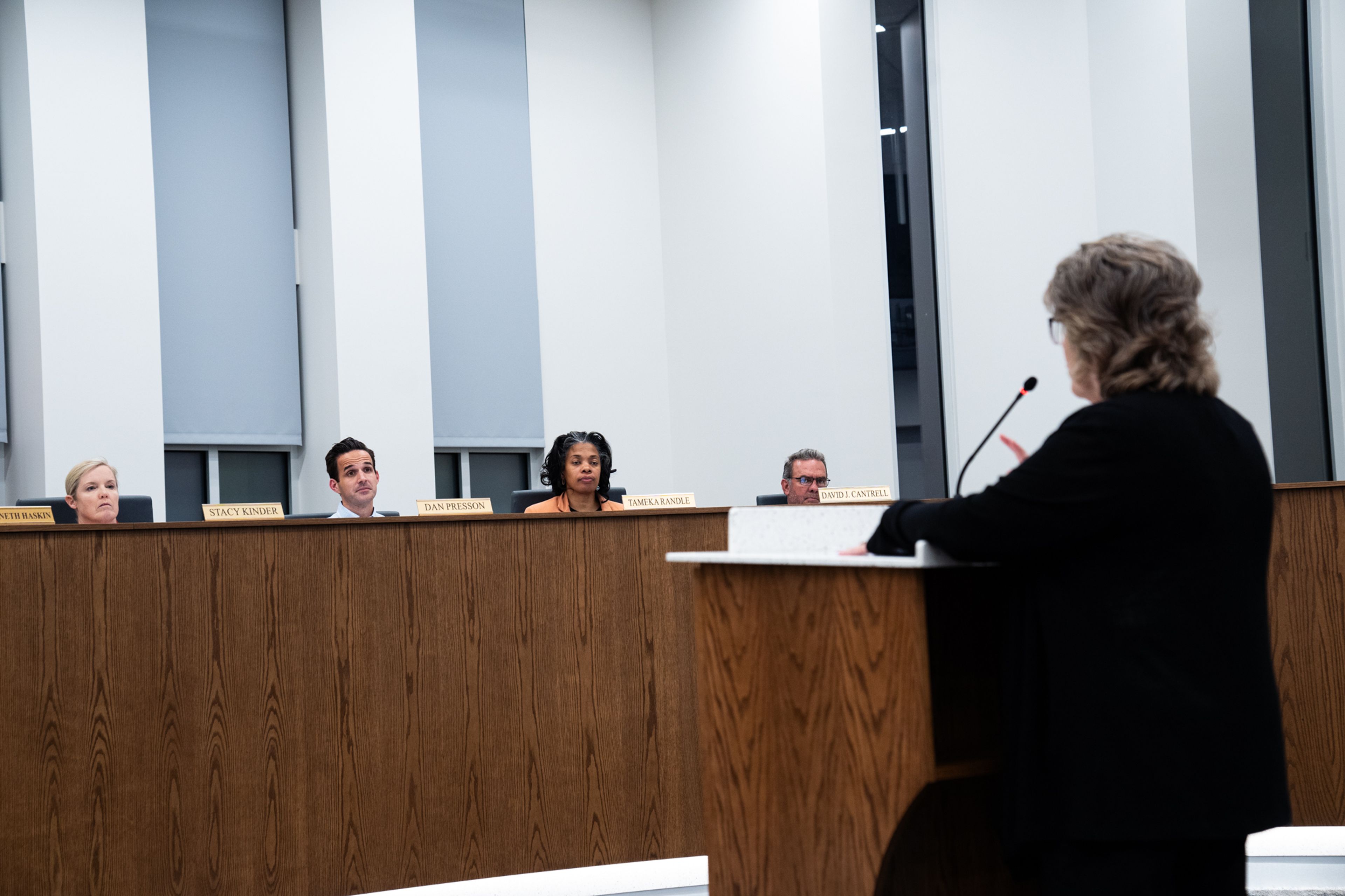Kenyan president offers unity government to resolve vote
NAIROBI, Kenya -- President Mwai Kibaki told the top U.S. diplomat for Africa that he was willing to share power and the opposition backed off demands for his resignation Saturday, offering hope for an end to Kenya's deadly electoral crisis. As Kibaki and Raila Odinga faced growing pressure to compromise, the violence that has killed more than 300 people across the country appeared to ease in the capital for the first time since the disputed vote that gave the president a second term and awakened dormant ethnic rivalries.. ...
NAIROBI, Kenya -- President Mwai Kibaki told the top U.S. diplomat for Africa that he was willing to share power and the opposition backed off demands for his resignation Saturday, offering hope for an end to Kenya's deadly electoral crisis.
As Kibaki and Raila Odinga faced growing pressure to compromise, the violence that has killed more than 300 people across the country appeared to ease in the capital for the first time since the disputed vote that gave the president a second term and awakened dormant ethnic rivalries.
The crisis following the Dec. 27 election with a deeply flawed vote count has pitted Kibaki's Kikuyu people against Kenya's other tribes, and brought chaos to a country that had been one of east Africa's most stable democracies.
In the countryside, with the continued threat of ethnic attacks, thousands fled their homes, escorted by soldiers as they streamed down roads strewn with corpses, burned out vehicles and downed power lines.
Desperate Kenyans urged Kibaki and Odinga to compromise.
"Sit down, find a way out," said Christopher Kingua, as he fled his home near Eldoret in the western highlands, where bodies were spilling out of packed morgues. "Our homes, our people, our property has been destroyed."
After meeting with Jendayi Frazer, the U.S. assistant secretary of state for African affairs, Kibaki said he was "ready to form a government of national unity that would not only unite Kenyans but would also help in the healing and reconciliation process," according to the director of the presidential news service, Isaiya Kabira.
Odinga, whose early lead over Kibaki evaporated as the tallies rolled in last week, met separately with Frazer and later said he had not received any formal offer and demanded an international mediator help settle the dispute.
"Let them put that on the table when we are negotiating," Odinga said of Kibaki's proposal. He also repeated his demand for a new election.
But after a second meeting with Frazer, Odinga unexpectedly withdrew his call for Kibaki to step down.
"If Mr. Kibaki accepts an international mediator we will not demand that he either resign or acknowledge he did not win the election," Odinga's spokesman, Salim Lone, said.
It would be nearly impossible for Kibaki to govern without opposition support. In parliamentary balloting, Odinga's party won 95 of 210 legislative seats and half of Kibaki's Cabinet lost their seats.
More than 300 people have been killed and 250,000 forced from their homes in protests and clashes since this country of 34 million went to the polls.
Makeshift roadblocks were set up along main roads by young men enraged over Kibaki's re-election.
"Kibaki should quit office if he is mindful of dying Kenyans," said Nelson Onchiri, who was manning a roadblock of piled rocks along a highway in western Nyanza province, forcing hundreds of cars to stop. He opened the road after an opposition lawmaker appealed to him to let people through.
In Nairobi's Mathare slum, several shacks were set ablaze and residents attacked each other with machetes. One man said people from Odinga's Luo tribe were fighting a gang from Kibaki's Kikuyu tribe. Police opened fire and one man was shot in the head and killed, according to an AP Television News cameraman.
A machete-wielding crowd then surrounded the police, forcing them to flee with three wounded people, including a man with half his leg hacked away.
Looters tried to break into a supermarket in the capital, but police fired live rounds in the air.
"We shot in the air to scare them away," said Mark Mwara, an officer in charge of the area. "They are still angry and they will try again."
Thousands in and around Nairobi's slums -- home to a third of the capital's population -- lined up for food after days of riots left them cut off and shortages have led to major price increases. In a fairground on the outskirts of the Kibera shantytown, volunteers were handing out sacks of maize flour and laundry detergent to women and children.
Kaltuma Musa, 12, who was among hundreds of children thronging a volunteer handing out cookies, said she came because she heard there was food.
Musa popped one cookie in her mouth and put another in her pocket.
"I'll take this one home," Musa said. "It's for my mother."
Connect with the Southeast Missourian Newsroom:
For corrections to this story or other insights for the editor, click here. To submit a letter to the editor, click here. To learn about the Southeast Missourian’s AI Policy, click here.










